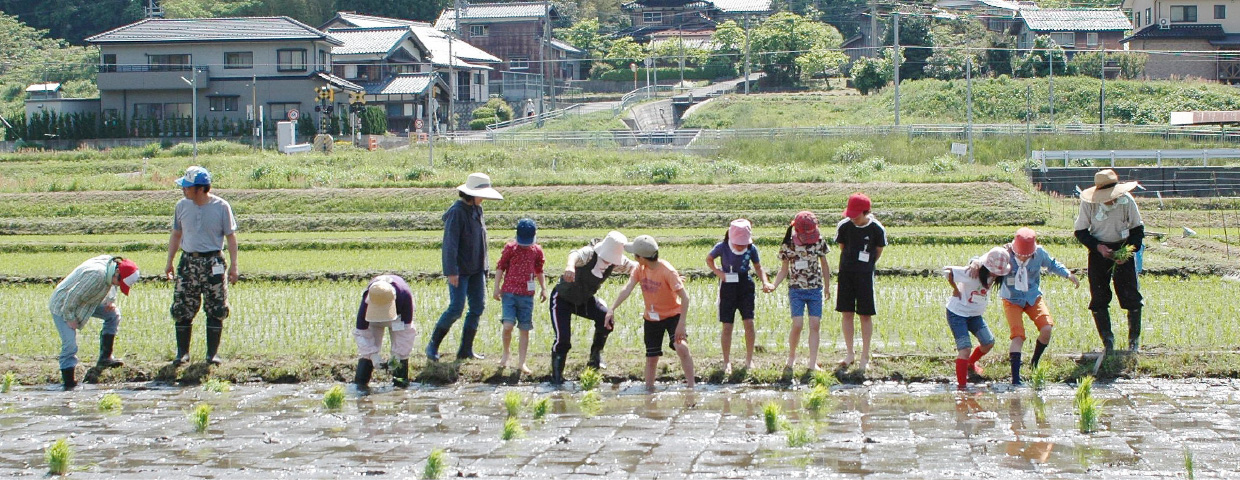NEWS

Second Inception Workshop Convenes for Recipients of SDM 2023
2024.01.26
On 17 January 2024, the Satoyama Development Mechanism (SDM) Secretariat, hosted by IGES, and UNU-IAS co-organized the SDM Inception Workshop. The workshop aimed to inform grant recipients about SDM’s implementation and reporting procedures, and to facilitate the exchange of ideas by sharing the projects with fellow IPSI members.
Koji Miwa (Policy Researcher, IGES / SDM Secretariat) welcomed participants to the second SDM inception workshop and explained the SDM’s outline and reporting procedures. After an introduction by the SDM Secretariat and project leaders of each implementing organization, focal points from the five selected projects then presented their activities.
Suranjan Kodithuwakku (Green Movement of Sri Lanka (GMSL), Sri Lanka) explained that GMSL, in partnership with M. S. Swaminathan Research Foundation, India, holds a series of events including workshops, conferences and visits to fishery villages to establish 5-Ps platform that involves producers, partners, promoters, policymakers and politicians for sustainable management of the Gulf of Mannar and Palk Bay region. The site, located in between India and Sri Lanka, hosts various threatened species of coral reefs, seagrass beds and mangrove forests.
Supriya Kochar (Iora Ecological Solutions Pvt. Ltd., India) shared a vision of the long-term conservation and sustainable management of the Satpura-Melghat Landscape, characterized by a mosaic of forest and agricultural lands, by developing a comprehensive Landscape and Biodiversity Management and Conservation Plan with local people, creating a multi-stakeholder platform for knowledge sharing and implementing pilot interventions for the improvement of livelihood of the communities.
Siva Ramamoorthy (Vellore Institute of Technology (VIT), India) outlined the project to conserve and restore the sacred groves and Sthala-vrikshas, which contribute to biodiversity preservation, in Malaiyali community of South India. VIT will document threatened flora and conservation practices, establish protocols for in-vitro conservation of threatened species, and restore the threatened plants in gardens.
Bibiana Vilá (Vicuñas, Camélidos y Ambiente (VICAM), Argentina) presented that, with the aim of valuing camelids for sustainability to commemorate the International Year of Camelids in 2024, their work focuses on knowledge co-production with the community council, capacity development to improve techniques for spinning, biodiversity surveys and improvement of sustainable value chain.
Yaw Osei-Owusu (Conservation Alliance International, Ghana) introduced the project to empower women in resource governance and marketing, promote improved agricultural practices, restore degraded areas and develop a database and GIS images to track changes in order to safeguard the Atewa Range Forest Reserve.
In closing the workshop, Rina Miyake (Deputy Director, IPSI Secretariat) reiterated the importance of expanding Other Effective Area-based Conservation Measures (OECM), which are strongly connected with Socio-Ecological Production Landscapes and Seascapes (SEPLS), to achieve Target 3 of the Kunming-Montreal Global Biodiversity Framework. She also stated that the SDM projects are valuable for all IPSI members by providing tips for activities and stimulating implementation.
When all projects are nearing completion, project focal points will be invited to share results, experiences, and lessons learned in the project completion workshop.
Background
SDM is an IPSI collaborative activity that provides seed funding to IPSI members to facilitate further implementation of activities that support the Satoyama Initiative. It was jointly established by the United Nations University Institute for the Advanced Study of Sustainability (UNU-IAS); the Institute for Global Environmental Strategies (IGES); and the Ministry of the Environment, Japan (MOEJ) in 2013. The SDM’s modality underwent important changes in the 2022 round, including more funding per project, aligning priority areas with the Kunming-Montreal Global Biodiversity Framework, and introducing the inception and project completion workshops. In the 2023 round, five out of 26 eligible applications were selected. Please visit the Satoyama Development Mechanism website for more information.


